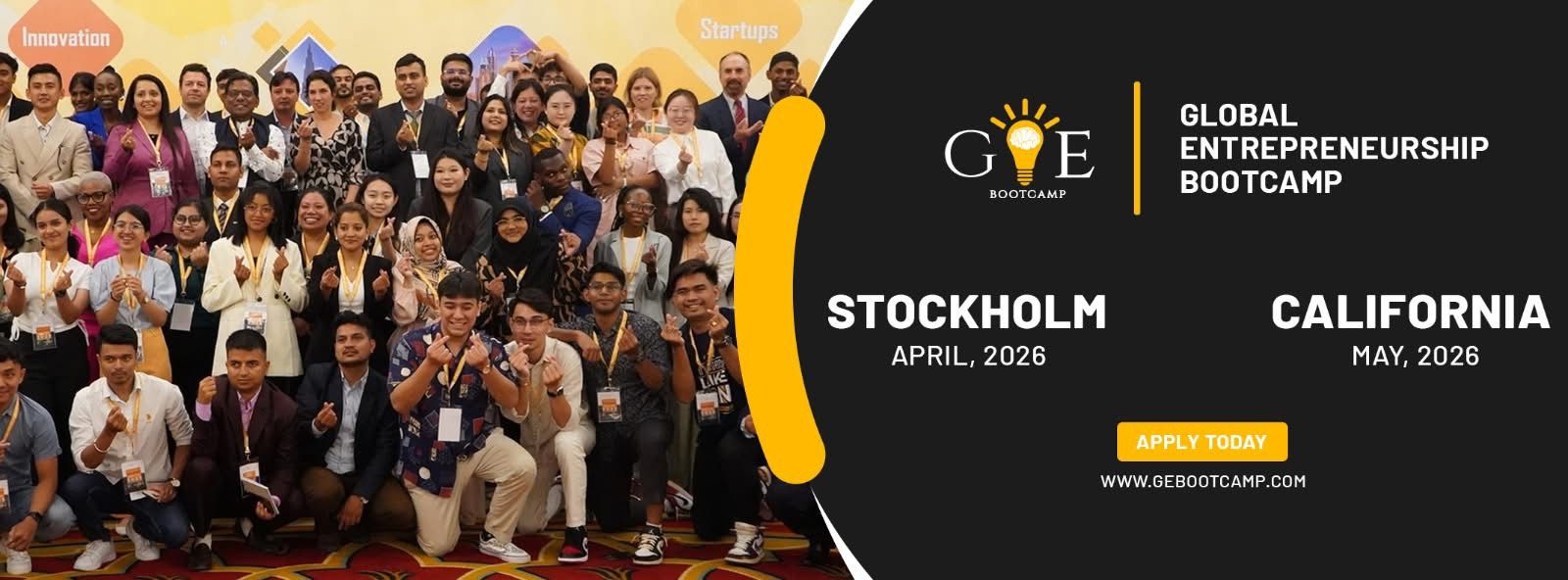
IHE Delft PhD Fellowship on intelWATT H2020 Project
Details
IHE Delft calls application for PhD Fellowship intelWATT H2020 Project. This 3.5-year project (2020-2024) focuses on developing innovative, cost-efficient, smart separation technologies applied in energy and water-intensive industries. In this context Water Supply, Sanitation and Environmental Engineering (WSSEE) department of IHE Delft is recruiting a PhD fellow, who will graduate in co-operation with Delft University of Technology.
IHE Delft Institute for Water Education offers graduate education in Delft, The Netherlands, and carries out research and capacity building projects all over the world. The mission of IHE Delft is to contribute to the education and training of professionals and to build the capacity of sector organizations, knowledge centers and other institutions active in the fields of water, the environment and infrastructure in developing countries and countries in transition.
PhD fellowship – information
- The PhD fellow will work directly with the Project leader for IHE Delft, Dr. Nirajan Dhakal, and will be hosted by the WSSEE Department of IHE delft in Delft, The Netherlands.
- The PhD fellow will participate in the activities and deliverables of the project under the supervision of Prof. Maria D. Kennedy and Dr. Nirajan Dhakal (IHE Delft) and Prof. Luuk C. Rietveld (TU Delft).
- The Ph.D. fellow will be attending the project meetings (in Europe)
- The Ph.D. fellow will be expected to publish the obtained results in peer-reviewed journals and to present the results at international conferences.
- The expected starting date is November 1, 2020.
Eligibilities
- The PhD Fellowship intelWATT H2020 Project fellow must have an MSc degree in chemical engineering with a strong focus on desalination. (If candidates with this profile will not emerge, candidates with a background in, civil engineering, environmental engineering and environmental sciences will also be considered.)
- The PhD fellow must be familiar with working in the laboratory; previous experience on water quality analyses (both chemical and microbiological) and with operation of pilot plants is required.
- The Ph.D. fellow must be proficient in oral and written English.
- The Ph.D. fellow must be able to work independently and as a member of a team; she/he must be creative, flexible, and eager to learn and to expand his /her scientific network.
Specifications
| Type of Opportunity | Scholarships and Fellowships |
|---|---|
| Deadline | 10 October,2020 |
| Open to | All |
| Organizer | IHE Delft |
